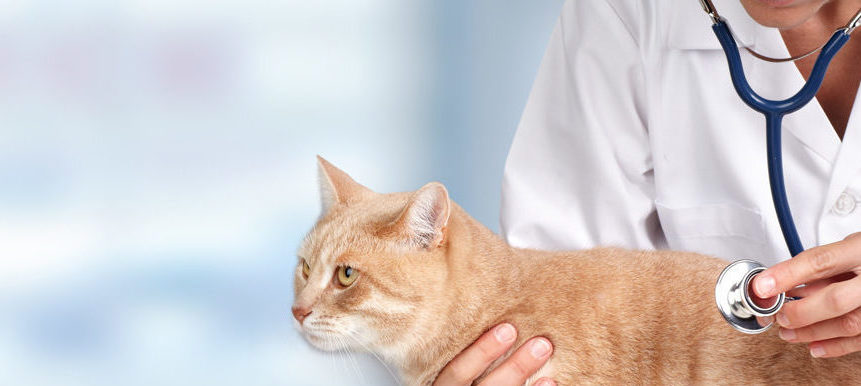Why is Pathology Important
Pathology testing helps your vet make accurate decisions about the diagnosis and treatment of your pet. This helps keep animals healthier for longer and avoid unnecessary delays in accessing the best possible treatment for their condition. It also helps you find out how their treatment is working and it avoids your pet from suffering unnecessary side-effects from inappropriate treatments.
Veterinary pathology also plays an essential part in screening and disease prevention programmes which promote the overall health and wellbeing of our community. By reducing the impact of preventable and treatable diseases in our pets, the pathology sector is helping to create a healthier future for all animals.
What is pathology?
Often a physical examination can only provide part of the picture of an illness and to gain a complete profile the veterinarian needs accurate, expert, specialist examination of what may be occurring in the blood or body cells.
A veterinary pathology laboratory has many specialised departments, each with a highly trained team of professional pathologists, scientists, technicians and computer experts supporting the specimen reception staff and couriers, who are all dedicated to providing fast accurate and reliable results.
What happens at the laboratory?
Once specimens are collected from pets, they are entered into the computer with the pet’s details and sent to the laboratory for processing. Often the same specimen, whether it is a sample of blood, urine, faeces or a piece of tissue such as skin, can have many different tests performed on it by one or more departments. The different tests often require varying lengths of time to be completed because some involve very complex procedures. When all of the results are available, the pathologists and scientists are able to interpret them and assist your veterinarian to obtain an accurate assessment of your pet’s health or disease.
Tests may include:
- Haematology – the testing of blood, blood cells and blood products.
- Biochemistry – screening tests to identify levels of substances in blood and body fluids.
- Microbiology – the study of bacteria and fungi in tissue, blood and body fluids.
- Histopathology/ cytology – the diagnosis of disease from examining tissue samples and cellular smears.
- Urinalysis – assesses the physical and chemical properties of urine.
The different tests often require varying lengths of time to be completed because some involve very complex procedures. When all of the results are available, the pathologists and the scientists are able to interpret them and then assist your vet to obtain an accurate diagnosis.
So give your best friend the best opportunity for a long, happy and healthy life. Talk to your vet today about a preventative health program most appropriate for your pet, based on breed, medical history and lifestyle.

